International Focus
At CODE, our priority is to create an international environment for all community members to thrive in. Here is what we do with international cooperations.

At CODE, we consider the international mobility of students, professors and researchers as one of the keystones of our efforts. We believe that studying abroad prepares our students for careers in a globalized work environment.
Language
All study programs are taught entirely in English.
Collaboration
We have strong ties with many international higher education institutions, partners, and industries.
Diversity
We have a culturally diverse community: 36% of our staff and faculty and 33% of our students are from abroad, hailing from 65 different countries.
Visits
We welcome exchange students, visiting lecturers, and researchers from around the globe.
International experience
Our faculty and staff members have experience living, studying, and working abroad.
Education
We practice diversity management and intercultural learning.
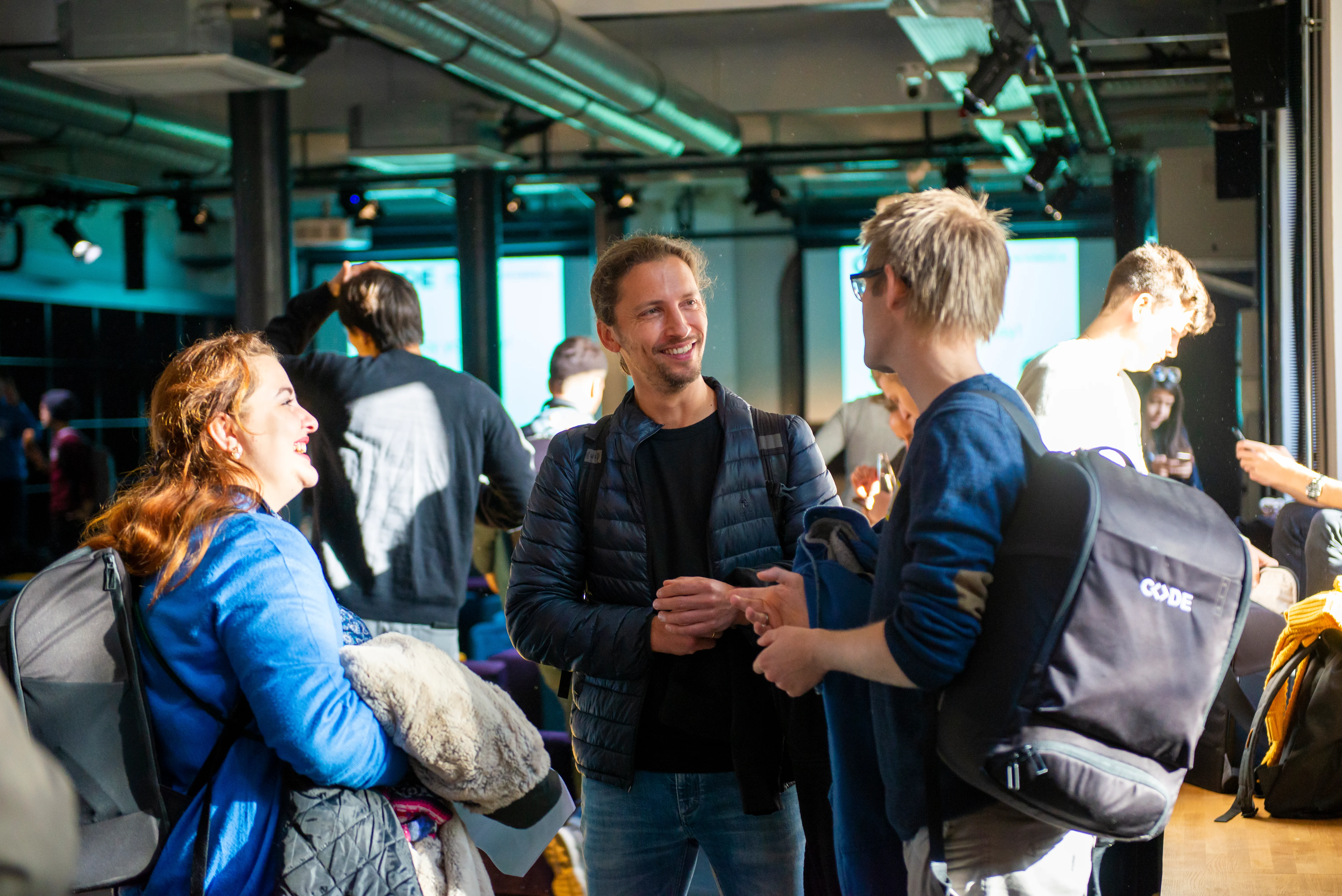
CODE has internationalization in its DNA. CODE’s mission is to actively promote the values of an open society through interaction with international partners and civic engagement. We aim to contribute to progressive higher education, innovative academic teaching, and forward-thinking research.
Our partner universities
CODE is an international and inclusive learning environment that attracts digital pioneers from all over the world and empowers them to live up to their full potential. Diversity and internationality are fundamental principles of CODE, preparing students for living and working in a fast-changing, globalized society.
CODE is embedded in a variety of content-based and strategy-driven partnerships that foster international collaboration and exchange.
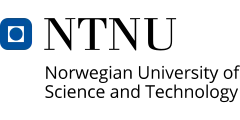
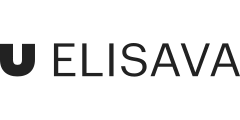
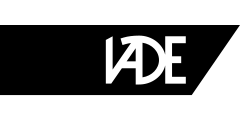
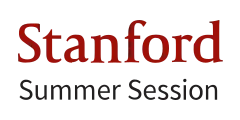












CODE and NTNU
In March 2020, we signed an MoU in the areas of research and student mobility with the Norwegian University of Applied Science and Technology (NTNU, Campus Gjovik).
Kjell Are (Assistant Professor, Department of Design, Faculty of Architecture and Design), Joakim Berg, (International coordinator / adviser, Education Section in Gjøvik), and Toini Rust Kristiansen spent three days at CODE, comparing learning concepts, talking with our students, founders, lecturers, and professors, especially within the Interaction Design department.

CODE and ERASMUS PROGRAMME
CODE’s internationalization (EU and non-EU) strategy prioritizes student and staff mobility, strategic partnerships and knowledge alliances, and participation in networks to share knowledge and values. The 2021-2027 European Commission (ERASMUS+) Programme for education, training, youth, and sport is seen as a core element of our internationalization strategy.
CODE has been awarded the Erasmus Charter for Higher Education, which is a prerequisite to participate in Erasmus programs and projects.

Study abroad opportunities at CODE
At CODE, we aim to furnish you with the experience you need to become a global citizen. Do you want to study abroad for a semester? We have you covered!
We have facilitated Erasmus exchanges for CODE students with the Elisava Barcelona School of Design and Engineering (Barcelona, Spain), IADE (Lisbon, Portugal), NTNU (Gjøvik, Norway) and TU/e Eindhoven University of Technology (Eindhoven, Netherlands). Through engaging in cross-cultural exchanges such as these, CODE students are able to access varied experiential learning avenues.
Enabling study abroad opportunities is an intrinsic part of our overall learning concept , and we constantly aim to forge new partnerships with other universities globally.
Moving forward and contact information
International universities and higher education institutions that share the same mission and vision are invited to get in touch with us to explore future collaboration. Please write to us at international@code.berlin
Sponsored by








